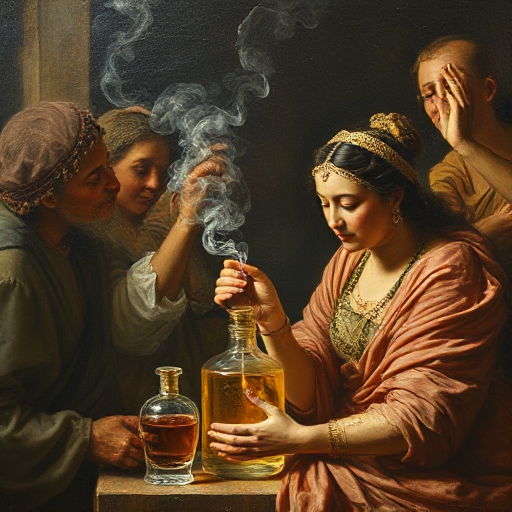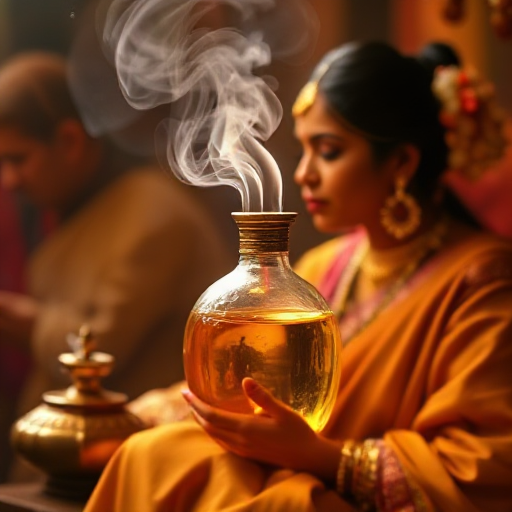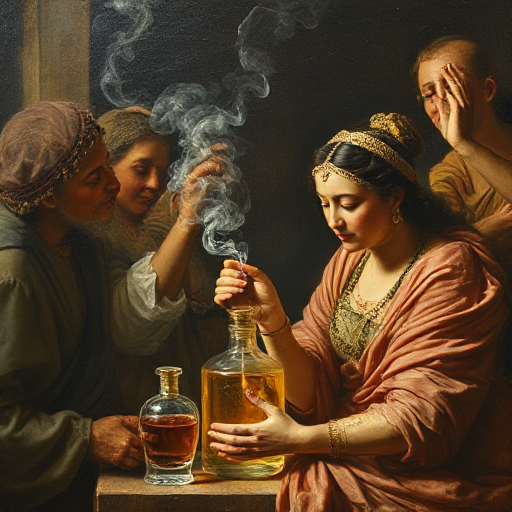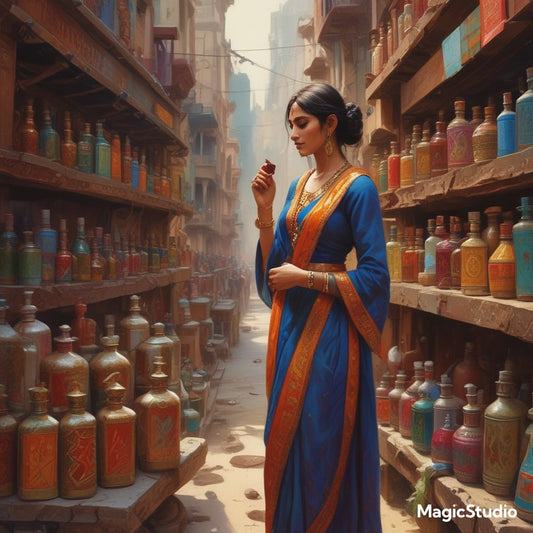
The Impact of Perfume on Indian Culture
Perfume has a profound influence on Indian culture, touching every aspect of life from ancient rituals to modern-day trends. Let's delve into the significance of perfume in India and how it continues to shape our traditions and lifestyles.
1. Ancient Roots: Perfume has been an integral part of Indian culture for centuries, with its origins tracing back to ancient rituals and medicinal practices. Ayurvedic texts mention the use of aromatic oils and herbs for their therapeutic properties, highlighting the early recognition of fragrance's importance in promoting well-being.
2. Cultural Symbolism: Perfume holds symbolic significance in Indian culture, representing purity, prosperity, and spirituality. Fragrances like jasmine and sandalwood are often associated with religious ceremonies and festivals, while floral garlands are exchanged as gestures of love and respect.
3. Traditional Practices: Traditional perfume-making techniques, such as distillation and enfleurage, are still practiced in India today, preserving age-old craftsmanship and botanical knowledge. Artisans create intricate blends using locally sourced ingredients, ensuring each perfume reflects the rich diversity of Indian flora and fauna.
4. Royal Patronage: Indian royalty were renowned for their patronage of perfume, commissioning bespoke fragrances to adorn their palaces and personages. Perfume became synonymous with luxury and refinement, with royal courts vying to create the most exquisite scents to impress visiting dignitaries and nobles.
5. Modern Influence: In the modern era, perfume continues to exert a strong influence on Indian lifestyles, with a burgeoning market catering to diverse tastes and preferences. International perfume brands have set up shop in India, offering a wide range of fragrances to suit every occasion and mood.
6. Cultural Heritage: Perfume-making has been recognized as part of India's intangible cultural heritage, underscoring its importance in preserving traditional knowledge and craftsmanship. Efforts are underway to promote sustainable practices and ethical sourcing, ensuring the longevity of India's perfume legacy.
7. Personal Expression: For many Indians, perfume is more than just a fragrance – it's a form of self-expression and identity. People choose perfumes that resonate with their personality and culture, whether it's a nostalgic scent that evokes childhood memories or a modern blend that reflects contemporary tastes.
8. Social Significance: Perfume plays a significant role in social interactions and rituals, from weddings and religious ceremonies to everyday encounters. The exchange of fragrant gifts is a common practice, symbolizing goodwill and affection among friends and family.
9. Economic Impact: The perfume industry contributes to India's economy through employment generation, tourism, and export revenue. Fragrance tourism is on the rise, with travelers seeking immersive experiences at perfume workshops and botanical gardens across the country.
10. Future Trends: As India embraces modernity while preserving its cultural heritage, the perfume industry is poised for growth and innovation. Sustainable practices, natural ingredients, and indigenous fragrances are expected to drive future trends, ensuring that perfume remains an integral part of Indian culture for generations to come.


